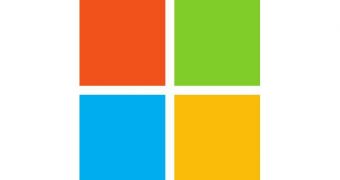The long-distance fight between Microsoft and open-source software continues, this time with a statement belonging to UK government CIO Jon Creese who said in a statement that staying with the solutions offered by the Redmond-based tech giant is a much better choice.
Open-source software has always been considered a much more affordable solution to applications offered by Microsoft, no matter if we're referring to operating systems or productivity suites, and several governments and organizations across the world decided to go this way and replace paid apps with open-source versions.
But according to Creese, although open-source apps might seem more affordable at first, the overall costs of moving to freeware platforms is actually bigger.
“We use Microsoft [for our desktops]. Each time we've looked at open source for desktop and costed it out, Microsoft has proved cheaper,” he said in an interview with Computing.
And he does have a point. Giving up on Microsoft solutions and moving to open-source could be more affordable as far as licensing costs are concerned, companies and organizations might pay more for support and training.
Ubuntu and the other Linux distributions out there are living example. Switching to Ubuntu doesn't cost a single buck if you do not employ a company for deployment, but employees might need additional training to use the operating system. Of course, support could also be fairly expensive if anything goes wrong and local IT administrators do not have the necessary experience, which is usually the case with state departments.
“Microsoft has been flexible and helpful in the way we apply their products to improve the operation of our frontline services, and this helps to de-risk ongoing cost. The point is that the true cost is in the total cost of ownership and exploitation, not just the licence cost. So I don't have a dogma about open source over Microsoft, but proprietary solutions - from Microsoft, SAP to Oracle and others - need to justify themselves and to work doubly hard to have flexible business models to help us further our aims,” Creese said.
If you're asking Munich authorities, things are exactly the other way around. The German city has started a transition from Microsoft software to open-source, claiming that such a process could help it save no less than 10 million euro ($13.9 million). What's more, the local officials claim that cutting costs wasn't their only goal, as they also tried to become independent and work on a platform that's not controlled entirely by a large company.

 14 DAY TRIAL //
14 DAY TRIAL //